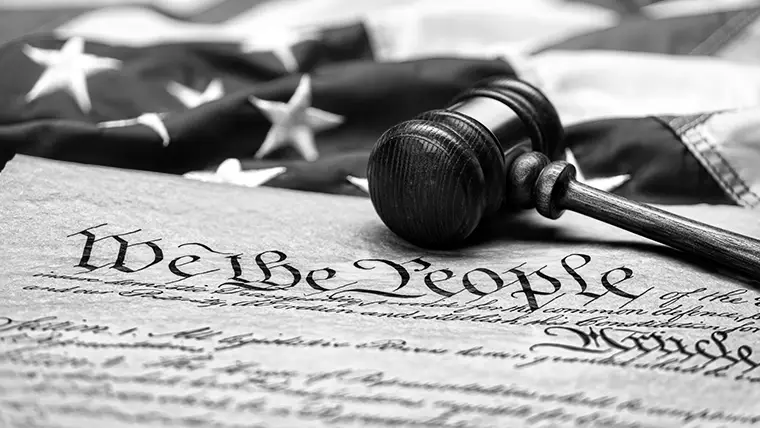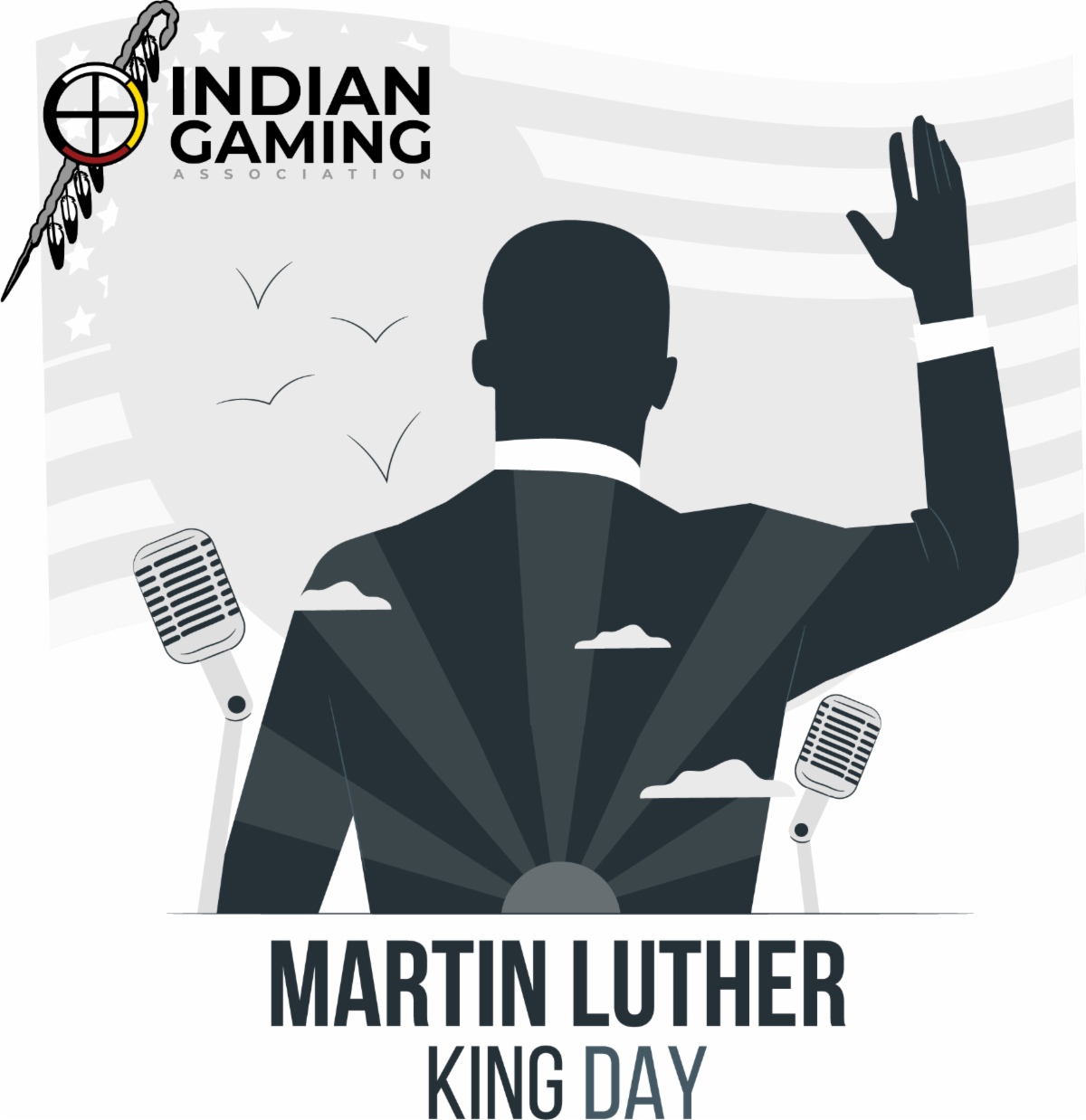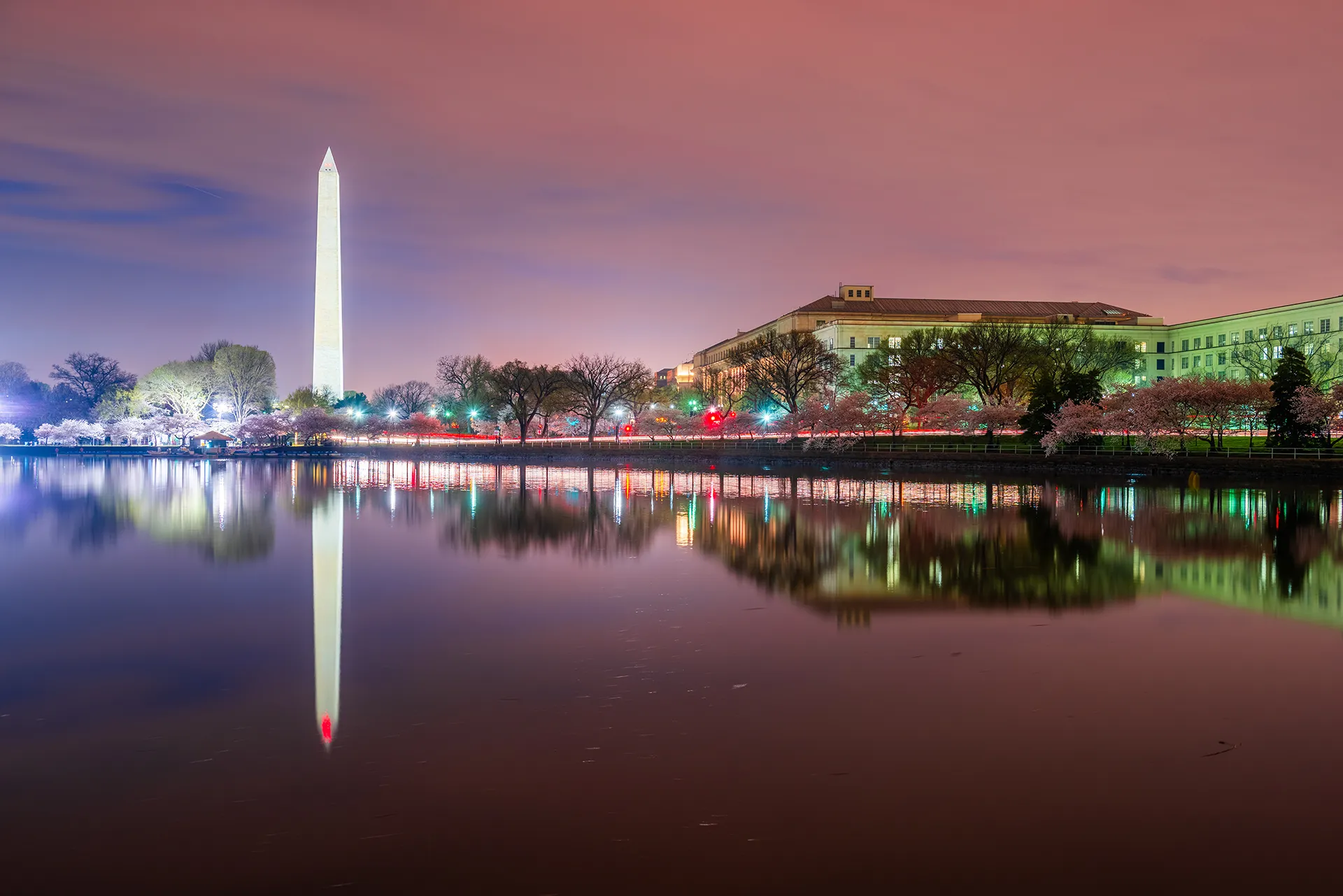April 21, 2020
In little more than a month, the world as we knew it is gone – propelling us into unchartered and unpredictable waters. We have been forced to adopt a new normal as the novel Coronavirus, COVID-19, has cast a shadow across the globe. No one has escaped the impacts of the pandemic.
It has become abundantly clear with this virus that we can change mightily on a moment’s notice. Almost overnight we stopped traveling, stopped socializing, and moved work and school to our homes.
Everyone is making personal sacrifices none of us envisioned just a short a month ago. From world leaders, our nation’s leaders, tribal leaders, business leaders, teachers, small business owners, to consumers, families, our children, and our elders – everyone is experiencing some element of the unknown and fear right now. To defeat this pandemic, everyone must do their part.
One of the greatest responsibilities and greatest joys that I get to take on as Chairman and spokesperson for the National Indian Gaming Association is traveling throughout Indian country representing our organization. I get to see first-hand the advancements of Native Nations made possible through tribal government gaming and the daily work of the dedicated Indian gaming operators and regulators. However, today, my new normal has become a virtual and telephonic reality. Today, as with most of us, my meetings with tribal leaders, our staff, industry representatives, and congressional representatives take place on my phone or laptop.
At home on the Oneida Nation of Wisconsin, it was normal to visit my father Ernie Stevens, Sr. at the Anna Johns Nursing Home, or to come together with my mother, children and grandchildren at a moment’s notice. My days now include staying at home social distancing from my family, friends, and community with the love of my life, my wife, Cheryl.
As stated at the onset, no one has escaped the impacts of COVID-19, and Indian Country is no exception. All 12 Indian Health Service regions report confirmed cases of persons testing positive for the coronavirus. All of our tribal communities have experienced positive cases and loss of lives from COVID-19, with some of the hardest-hit areas of Indian Country include the Navajo Nation, the Pueblo of San Felipe, and the Pueblo of Zia. My continued prayers go out to all of those who have been affected.
The coronavirus threatens Indian Country more than other populations. Far too many Native Americans are susceptible to this virus because of existing health conditions like diabetes, heart disease, and asthma. But the trigger for spread of the virus is the lack of housing on Indian lands. With multiple generations of families living under one roof, this virus poses a unique challenge to tribal leaders nationwide.
In addition to the direct health threats, the pandemic is inflicting economic distress throughout Indian Country. As early as the first week in March, tribal leaders began ordering the closures of Indian gaming, hotel and hospitality operations to help stop the spread of the coronavirus and to protect the safety of employees, guests, and communities. These decisions were difficult, were made with the safety of our people at the front of our minds, and the tribal leaders have to be commended.
Our tribal leaders have since gone beyond operation closures, implementing curfews, suspending all non-essential travel, postponing our important events and large gatherings, all to keep our people safe. Striving to become still is the new normal all throughout Indian country.
Despite closing their doors, examples of goodwill continued to prevail throughout Indian Country. Tribes did their best to retain their full and part-time employees on their payroll, but because of the unpredictable length of time working towards flattening the curve has resulted in thousands of layoffs and furlough throughout Indian country.
Without hesitation, our Indian gaming family has shown up to help those in need. Through such displays of goodwill like providing food, medical supplies, and other donations, for many, the needs have been met, but there continues to be so much more to do.
The coronavirus has triggered the worst unemployment crisis the history of our nation – and, again, Indian Country is no exception.
Without a tax base to generate governmental revenue, Indian tribes rely on government-owned enterprises to generate revenue for essential services to Native communities across Indian Country in the form of health care, education, public safety, housing and social services.
With our Tribal government gaming operations closed, tribal governments and government-owned entities continue to face financial obligations to retain our employees so that they can provide for their families during this crisis. Many also continue to face financial obligations of governing and to keep tribal government-owned enterprises viable – so that our workers have jobs to return to when we defeat this pandemic.
This is where the National Indian Gaming Association has stepped up in partnership with our sister tribal organizations on the national and regional levels. While our National Indian Gaming Association headquarters has closed, we remain steadfast in our mission to support Indian country. We have continued working every day focused on the health, well-being, and economies of tribal citizens as our core concentration. Throughout these times, our team has been on the frontline, working to ensure that all of Indian Country has the resources needed to fight the virus.
As we join our sister organizations in Washington, D.C., to work on the federal front, it is so enriching to know that it is in times like these that we are reminded of what tribal communities are made of – that is, the power to support each other, and to bring others close even when we are forced to be apart physically.
The CARES Act authorized historic funding levels to tribal governments, including Tribal Governments in the Coronavirus Relief Act with state, local, and territorial governments. However, implementation of the Act has been unsteady at best, and we are actively working to ensure that the resources provided by the Act provided needed flexibility to tribal governments to use the resources to address local community needs on the ground.
And we know that more must be done to fully stem this crisis. We continue to work with our Member Tribes and other organizations on the next relief package, to fix some of the shortfalls in the CARES Act and provide additional resources, to help guide us all out of this crisis.
Though we are apart right now, we must all continue to support each other as communities, and we must pledge to work together – each doing our part – to defeat COVID-19. I impress upon the fact that we all must continue to have a sincere willingness and appreciation to do our part to be safe. Remember, the life you risk may not be your own. We must continue to follow the guidelines, because we are seeing that social distancing is working. More glimmers of good news like this will come.
If there was ever a time in life when we need to stand firm together, it is now. The burdens lie on the shoulders of our tribal leaders to ensure the health and welfare of their nations. We are asking our communities to stay strong – continue caring for your neighbors, praying for the protection of all of our leaders, and maintain hope that we will make it through these unprecedented times.
We are all guaranteed of the fact that we are facing a challenging listing of unknowns, and although it is still too early to fully understand the impacts this virus will have on our current way of life, and our economy. We must not look back; we must go forward to a new normal we can and will build upon.
Over the centuries, our ancestors taught us that Indian country can and will persevere. There are no limitations to what can be done when we have a common purpose. Once again, together, we will prevail.
In the words of New York Governor Andrew Cuomo this morning, “Sometimes you get knocked on your rear end – get up and work harder. Have the strength to get up & work harder and have the wisdom from the experience to be better. Learn lessons from this and build back better and stronger. We are tough, but not just tough; it’s easy to be tough. We are smart, disciplined, unified, and loving. We are all of the above, that is why we are special.”
My prayers go out to those who have been impacted by this pandemic, for those lives that have been lost and for the continued strength and safety of those medical professionals, caregivers, first responders, and health care representatives and the continued health and welfare of all our tribal communities.
Each day I look forward to visiting tribal communities and shaking the hands of all the tribal leadership who worked towards restarting the economic engines that have driven Indian Country’s economies for nearly a half century and have helped lead us through one of the worst pandemics in world history. With each passing day of doing our part, we are one day closer to opening our headquarters in Washington, D.C., and coming together with family, friends and community.
BIA Publishes Final Rule for Section 293 Class III Tribal-State Gaming Compacts

Remembering and Honoring the Legacy of Dr. Martin Luther King, Jr.

Statement From The Chairman Of The Indian Gaming Association: “Compromise or Collision Course: Americans Need Government to Function”
